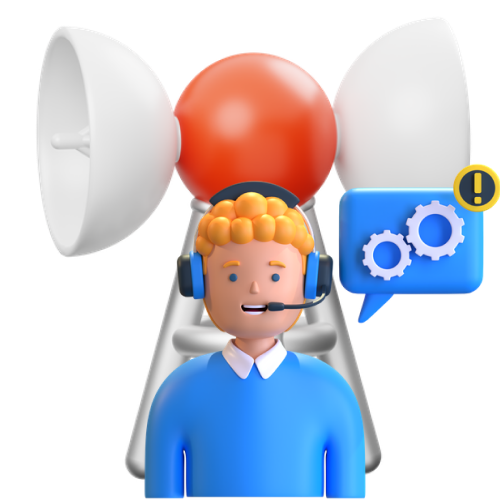Hyperledger
With Hyperledger, developers can create applications that leverage blockchain
technology to improve business processes, reduce costs, and increase efficiency. The
platform provides a wide range of tools and features to help developers create
distributed ledger applications quickly and easily.
Ethereum
Ethereum is well-suited for a wide range of applications, from financial services to social
media, and its smart contract capabilities make it an ideal platform for creating
decentralized applications. Ethereum's flexibility, scalability, and low cost make it an
attractive option for developers looking for a powerful and secure way to develop
blockchain applications.
Stellar
It provides faster transaction times, scalability, and low transaction costs. advanced
features, such as smart contracts, multi-signature authentication, and an open-source
codebase. With Stellar, developers can easily create, deploy, and manage distributed
applications.
Ripple
With Ripple, businesses can streamline processes, increase efficiency, and leverage the
power of distributed ledger technology for maximum benefit. With the use of Ripple,
developers can create and deploy applications quickly and efficiently, providing a more
efficient and cost-effective development process.
Matic polygon
Matic Polygon features include advanced Layer 2 scaling solutions, support for all major
Ethereum-compatible blockchains, and an intuitive user interface. It offers developers an
easy-to-use platform that allows them to deploy and operate their distributed
applications and services with minimal effort, cost, and risk.
EOS
EOS utilizes a delegated proof-of-stake consensus algorithm, which allows for faster
transaction processing and greater transaction throughput. Finally, EOS can be used to
create a decentralized autonomous organization (DAO) to manage multiple applications
from a single source.
Dragon chain
Dragon Chain offers a host of benefits, such as reduced development costs, shorter
development times, improved scalability and security, and a simplified development
environment. It offers a suite of tools, including an Interchain Network, Smart Contracts
Library, and Blockchain-as-a-Service (BaaS).
Hedra Hashgraph /h4>
Hedra Hashgraph has built-in support for smart contracts, allowing developers to quickly
develop applications with complex business logic. Finally, Hashgraph is resistant to
censorship, making it a great choice for applications that require trust less environments.
Tezos
It provides major technical benefits, such as secure smart contracts, on-chain
governance, and self-amending capability. Its self-amending protocol ensures the
blockchain's security, making it a safe environment for developing distributed
applications.
Corda
With its advanced smart contract functionality, users can create contracts that are legally
binding and that can be enforced across multiple parties. Additionally, Corda's modular
architecture allows for the development of efficient, scalable applications that are
interoperable with other blockchain platforms.
Tron
Using Tron as a blockchain development platform offers developers a wide range of
benefits, including advanced security, cost-efficiency, increased privacy and data
protection, and a wide range of tools and API 's for developers to easily integrate
blockchain technology into their applications.
Open chain
Open chain offers an easy-to-use interface that allows developers to quickly create and
deploy blockchain applications, as well as a range of advanced features and
functionalities to enable complex applications. Open Chain is the perfect platform for
businesses looking to develop and deploy decentralized applications quickly and
securely.


















